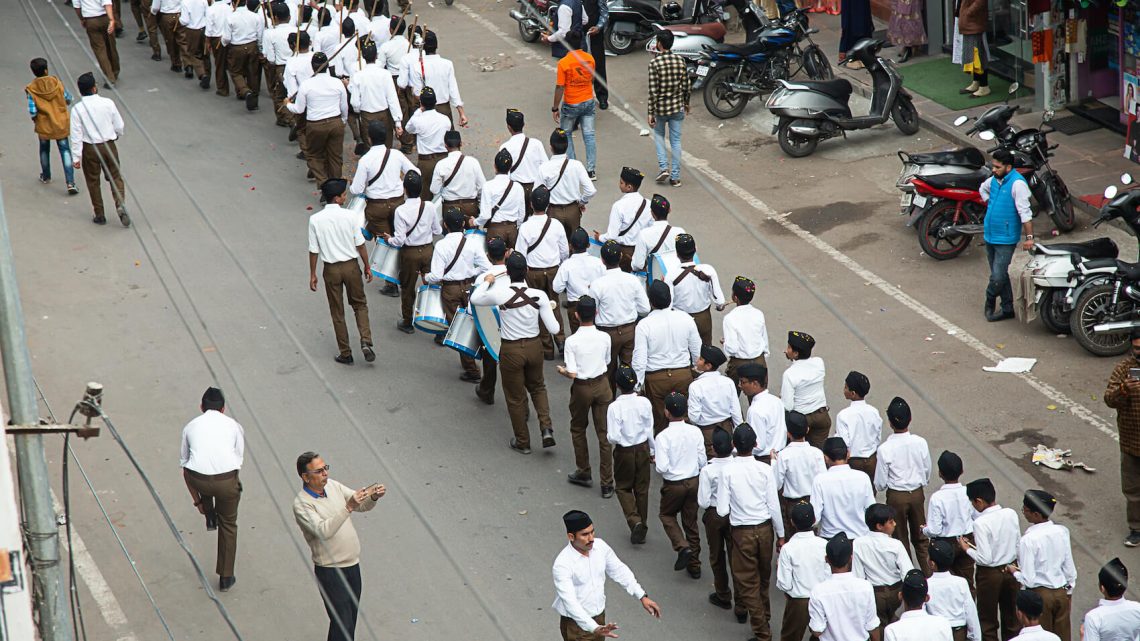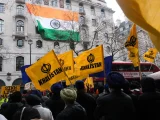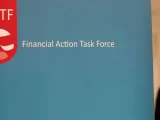
Hindutva on Rampage in India: Reflection of Modi’s Regime Anti-Muslim Policies
October 23, 2024Under Narendra Modi’s regime, systematic discrimination against Muslims has intensified, leading to housing segregation, unchecked violence, and blatant state favoritism toward Hindus. This environment worsens the exclusion and oppression of India’s vulnerable Muslim minority.
Recent policies in Uttar Pradesh and Himachal Pradesh illustrate this alarming trend. These states have mandated that restaurants publicly display the names of their employees. For Muslim business owners, this requirement sparks fears of targeted violence and economic boycotts from extremist Hindu groups active in these regions.
This initiative is emblematic of India’s rising Hindutva agenda, which targets Muslims while emboldening extremist Hindu factions. The resulting climate of fear fuels violence, deepens societal divisions, and undermines India’s secular foundations. The international community must take notice of this dire situation.
Since the BJP rose to power, the Indian government has increasingly promoted discriminatory policies. These policies attack interfaith relationships, conversions, hijab-wearing, and even cow slaughter. The negative impact on Muslims, Christians, Sikhs, Dalits, and Adivasis is unmistakable and alarming.
In Gujarat, housing exclusion for Muslims perpetuates a modern-day apartheid. Hindu-dominated neighborhoods openly bar Muslim residents, while protests against housing for Muslim single mothers reflect deep-rooted institutional bigotry. This discrimination underscores the failures of Modi’s regime in promoting inclusivity.
The aggressive rise of Hindutva, driven by the BJP and the RSS, has empowered religious extremists. This has led to increased violence against Christians and Muslims, creating a hostile environment. Modi’s policies exacerbate tensions, fueling violence and economic boycotts while threatening the safety of religious minorities.
Attacks on religious minorities have surged. There have been mosque demolitions and violent incidents targeting Muslims, Christians, and Dalits based on unfounded accusations of cow smuggling. BJP member Gyan Dev Ahuja has incited violence by calling for the murder of those involved in cow slaughter, escalating tensions across states like Bihar, Uttar Pradesh, and Delhi.
Legislative measures like the Citizenship Amendment Act (CAA) and the National Register of Citizens (NRC) further marginalize Muslims. In Assam alone, 700,000 Muslim residents risk losing their citizenship, highlighting the systematic targeting of this community.
International bodies, including the UN Human Rights Council and the U.S. Commission on International Religious Freedom (USCIRF), have raised alarms about the deteriorating human rights situation in India. Their reports document rising violence and discrimination against religious minorities, underscoring the severity of the crisis.
Despite India’s booming economy, a staggering 70% of Muslims in states like Uttar Pradesh and Gujarat report feeling marginalized. The pervasive atmosphere of religious intolerance continues to threaten their safety and livelihoods.
The India Hate Lab (IHL), a Washington-based research group, released a troubling report in February 2024. It documented nearly two anti-Muslim hate speech events occurring daily in India throughout 2023. A shocking 75% of these events happened in BJP-ruled states, demonstrating a pattern of systemic Islamophobia.
The USCIRF has designated India as a “Country of Particular Concern.” The report highlights discriminatory national policies and the government’s failure to address communal violence disproportionately affecting various religious minorities.
Moreover, Transparency International has spotlighted the “bulldozer injustice” in India. Targeted demolitions of homes belonging to Muslims and other minorities, often executed using JCB bulldozers, exemplify state-sponsored oppression. Such actions represent a gross violation of human rights, demanding immediate global attention and accountability.
India stands at a crossroads. As discrimination intensifies under Modi’s regime, the international community must act to protect the rights of marginalized groups and uphold the principles of justice and equality.

